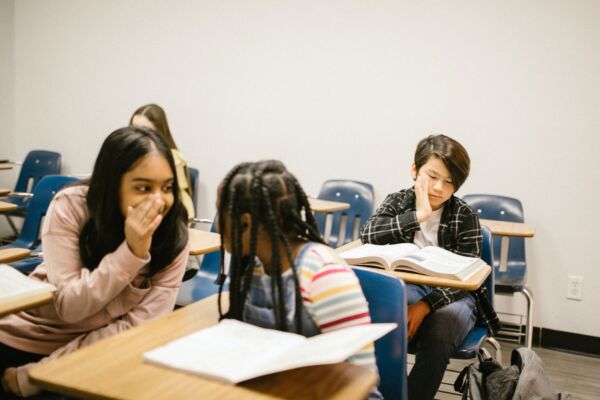Who Project CLASS Serves
The Background and Problem that Project CLASS Addresses
As we all are aware from daily news reports, families are under enormous pressure these days. The unfortunate reality is that 55-60% of marriages end in divorce and far too often, beleaguered and overwhelmed single moms and dads are doing their absolute best to parent, teach, raise and afford their children. In too many cases, there is not enough single or couple parenting time and energy available to fully handle all the responsibilities on hand, despite the best of intentions and Herculean effort.
Far too many of our children are underprivileged and know all too well the realities of stressed housing, subsistence economic environment, hunger, fractured family conditions and an insufficiency of constructive parental contact.
A significant number of children spend too much time alone or with limited parental engagement, and are actually being parented by television, movies and video games.
Accordingly, children are coming to early childhood centers and elementary schools with a serious disadvantage. Children are entering school and in the community without basic social and interpersonal skills. These children are frequently inattentive and disruptive, and they behave in ways that impede teaching, learning and effective functioning.


Many teachers report that they are spending between 35% - 75% of their time responding to children's behavior problems and inattention, instead of teaching reading, writing and math. The reality is that a significant part of teacher time is spent dealing with a host of issues unrelated to teaching academic content.
It is clear that our schools, teachers, community organizations and churches are being required to pick up and support where families are not able to keep up. The schools and teachers of the 1970s and 1980s, are definitely not the norm these days. Schools, churches and community organizations are asked to educate and support our children, and simultaneously fill in the single parent and parenting gaps experienced in overwhelmed and overloaded families.
In a nut-shell, we must support our schools and community in order to effectively help our children. Project CLASS is focused on the bulls-eye of this target.

